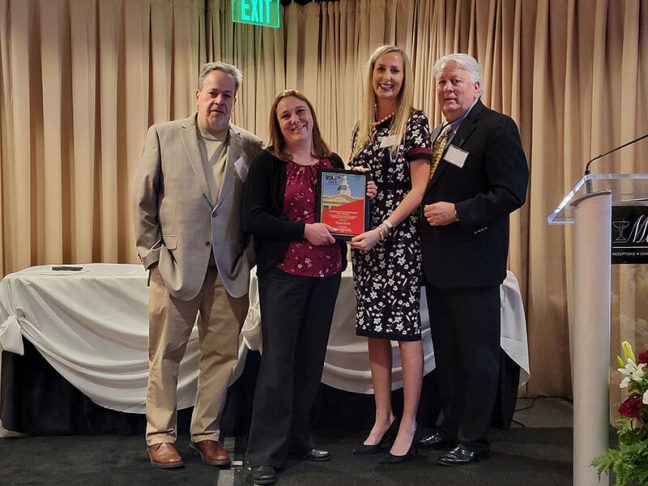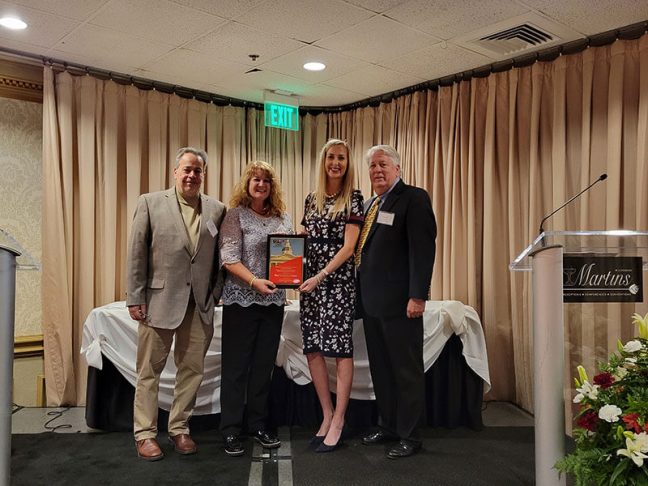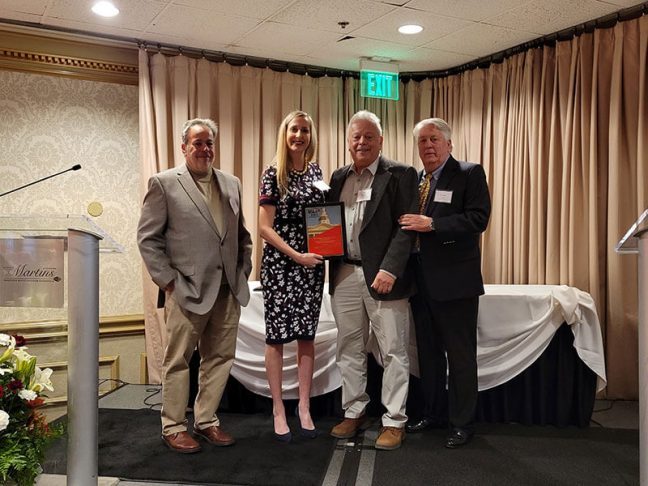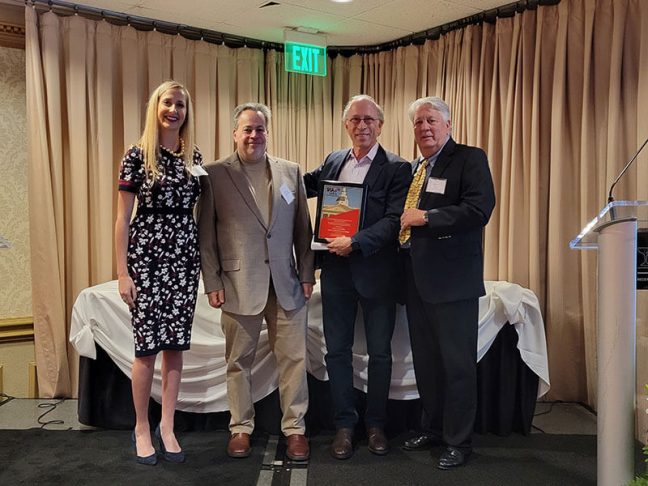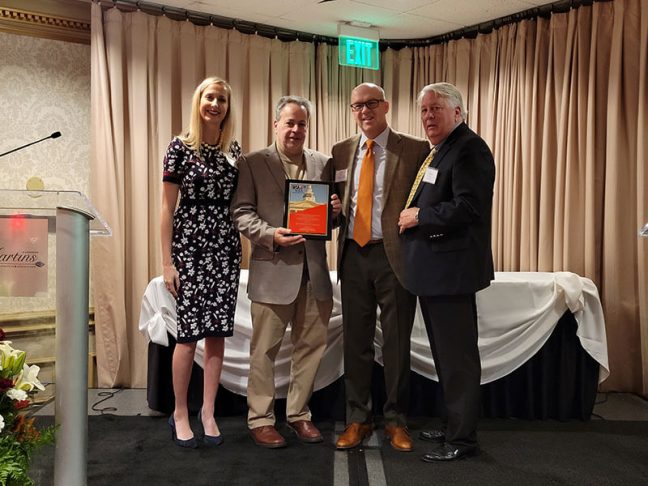MRA, many residents want state to allow beer/wine at grocery stores
by Eric Pereira / content creator
Maryland is one of the few states in the U.S. where shoppers can’t buy beer or wine at a food retailer. And it’s a situation the Maryland Retailers Association would like to see change during the legislative session that begins in January.
According to MRA President Cailey Locklair, making alcohol sales at grocery stores a reality is the most pressing issue for her organization, as well as tens of thousands of residents.
“Honestly, at this point, it’s kind of crazy when you look at how many states already allow this,” she said. “The fact that consumers have to pay higher prices here and don’t have the same convenience that people do all over the United States…it’s time for that to change.”
According to the website for the MD Alcohol Choice coalition, “Over 40 years ago, Maryland enacted a law that protected liquor stores from competition from chains by only awarding one license per person and restricting licenses so they can be awarded to Maryland residents only. A few dozen chain stores were grandfathered in, but this is confusing for consumers who just want to buy their alcohol anywhere in the state.”
Locklair said organizers created the coalition, which consists of about 30,000 Marylanders, in an attempt to push a bill for food retailers to get a beer or wine license. The measure didn’t advance last time; however, advocates remain persistent for 2022.
“We will be introducing a new piece of legislation this year with very similar objectives. That is a top priority for the grocery industry in Maryland,” Locklair said.
Per its website, MD Alcohol Choice commissioned an analysis study this year to determine the potential economic effects of allowing Marylanders to choose where to buy alcohol.
“The study found that on average consumers go to the grocery store at least once a week if not more. The state’s restrictions on beer and wine sales at these stores limit taxable sales, costing the state jobs and tax revenues,” the website states.
“The economic analysis determined that allowing beer and wine to be sold in additional food retailers would increase overall sales in Maryland by $192.8 million, create 760 new jobs and bring in $24.1 million in additional tax revenue.”
Labor initiatives
Locklair said the association also is going to be “very active” in legislation focused on increasing the workforce. A subset of that includes child-care issues for employees.
“Women didn’t return to the workforce the way that men did…so we will be working in a bipartisan manner to figure out what we can do to use federal funding and direct it to help with these child-care issues in the state,” she said.
Another priority will be organized retail crime, an issue the association has been trying to address over the years.
“Grocery stores are obviously hit very hard by organized retail crime operations,” Locklair said. “And we’ve been trying to pass a bill that would allow the aggregation of theft, across jurisdictions. So those are our big priorities going into the session.”
Among the other legislative concerns for MRA are an expansion of business taxes and a labor bill focusing on paid family and medical leave.
“The recommendations have always been, ‘This is an employee paid benefit.’ But every bill that we’ve seen has had employers paying for it – whether the form was split or putting that on an employer as a new tax…so we’re going to be very active on a paid family and medical leave bill.
“I think it kind of ties into the child-care issue. And are there more inventive ways where we can address some of these problems like child care, with some of the federal funding, as well as the expanding of programs that already exist like subsidized childcare?”
Potential partnerships
Locklair said the MRA is trying to partner with the National Retail Federation, which has created the RISE Up program (from the NRF Foundation) to provide certification for those pursuing careers in retail.
“It really gives them the basics and a leg up when they’re applying and they want to get in,” she said. “That’s a space that we’re starting to reach out to state level agencies and connect with them and share with them this amazing program that’s been created.
“And a lot of times when retailers now see that an individual has done this certification – which is a very flexible kind of program people can do from home on their own time, and it’s very cheap – they tend to want to interview them.
“We’re really excited to try to figure out how to incorporate that into the workforce development programs in the state and get people certified so that they can get jobs in retail.”
Hall of Fame
MRA recently held its MD Food Industry Council Hall of Fame Breakfast honoring its 2021 inductees. See photos below.
